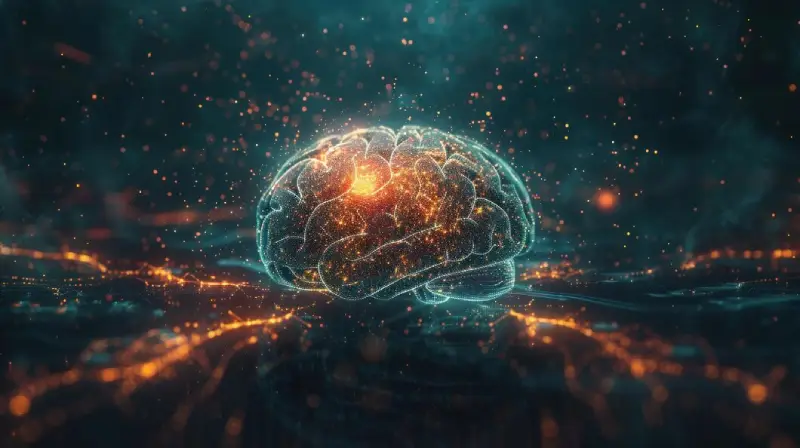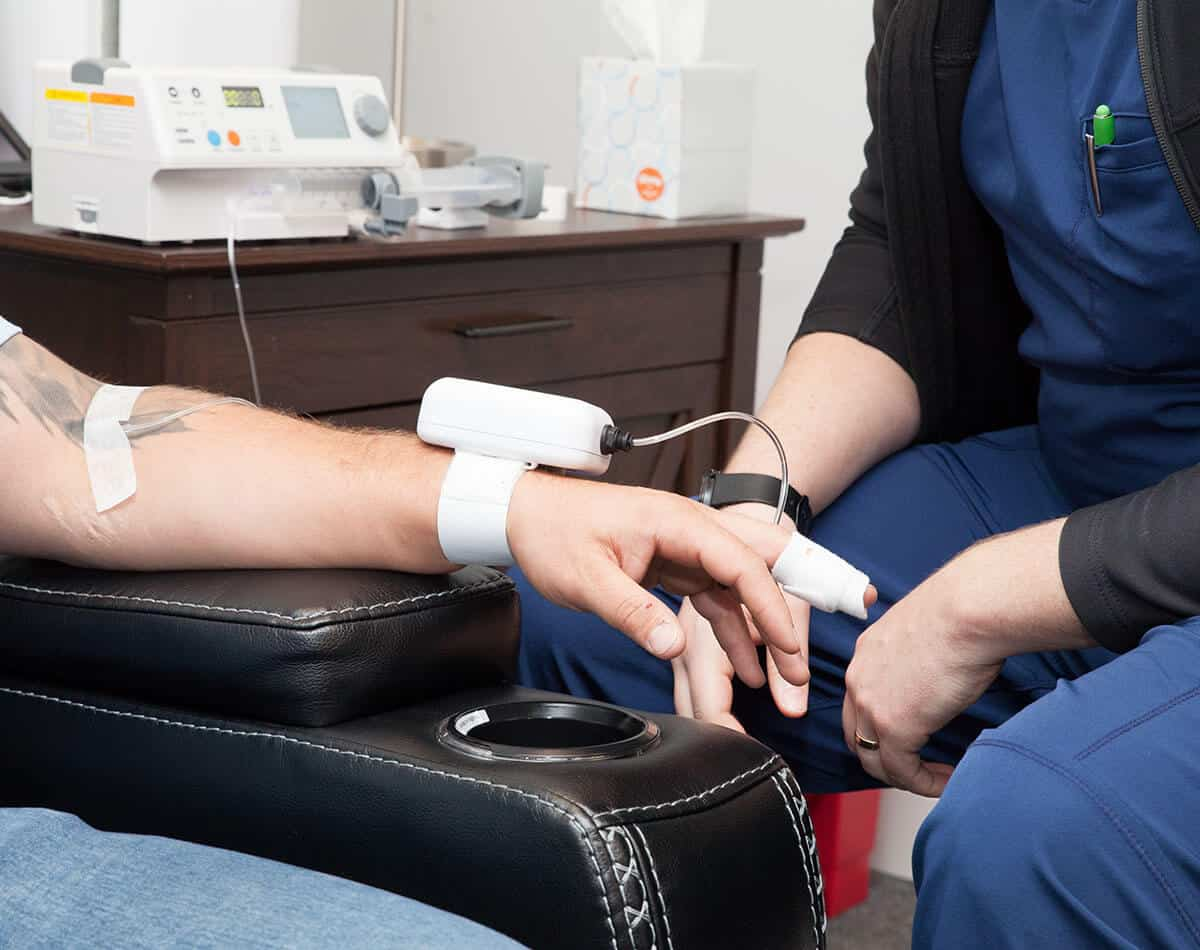Feeling trapped in your own mind, endlessly repeating the same habits and behaviors without understanding why, can be a vicious cycle. It can be frustrating and disheartening constantly wondering if change will ever be possible.
Understanding neuroplasticity offers a turning point. Neuroplasticity is the brain’s incredible ability to adapt and change throughout life by forming new neural connections. This adaptability is crucial for learning new skills, recovering from injuries, and adjusting to new situations.
What is Neuroplasticity?
Neuroplasticity can be broadly classified into two types: structural and functional plasticity.
- Structural Plasticity: This involves the physical changes in the brain’s structure. It includes the growth of new neurons (neurogenesis), the formation of new synapses (synaptogenesis), and the reorganization of existing neural pathways.
- Functional Plasticity: This refers to the brain’s ability to move functions from damaged areas to undamaged areas. It’s the brain’s way of adapting functionally to changes by using different pathways and neural circuits to perform tasks.
Neuroplasticity is driven by various factors, including learning, experience, injury, and even environmental changes. It is essential for recovery after brain injuries, such as strokes, and plays a significant role in developmental processes, such as language acquisition and skill development.
How Can Understanding Neuroplasticity Help You?
When you feel stuck, it’s easy to believe that change is impossible. However, neuroplasticity shows us that the brain can adapt and change at any age. This means that no matter how ingrained your habits or thought patterns are, you can rewire your brain to support new, healthier behaviors and ways of thinking.
Promoting Neuroplasticity with Innovative Therapies
Two promising techniques that have garnered attention for their ability to enhance neuroplasticity are Ketamine Infusion Therapy (KIT) and Transcranial Magnetic Stimulation (TMS). These therapies are especially beneficial for individuals struggling with emotional regulation, decision-making, learning, memory, trauma resolution, and mood stabilization.
Ketamine Infusion Therapy (KIT)
Ketamine, traditionally known as an anesthetic, has shown proven results in promoting neuroplasticity, particularly in the treatment of depression and other mental health conditions. KIT involves the administration of ketamine in controlled, low doses over a period of time.
- How it Works: Ketamine acts on the brain’s glutamate system, specifically targeting the NMDA (N-methyl-D-aspartate) receptors. By blocking these receptors, ketamine triggers a cascade of events that enhance synaptic plasticity. This process leads to the formation of new synapses and the strengthening of existing ones.
- Clinical Benefits: KIT has been found to produce rapid and sustained antidepressant effects, even in individuals who have not responded to traditional treatments. This rapid action is attributed to ketamine’s ability to promote neuroplastic changes that enhance mood and cognitive function, especially when integrated with psychotherapy outside of the treatment room.
Transcranial Magnetic Stimulation (TMS)
TMS is a non-invasive technique that uses magnetic fields to stimulate nerve cells in the brain. It has been widely studied for its potential to enhance neuroplasticity and is commonly used in the treatment of depression.
- How it Works: TMS involves placing a magnetic coil near the scalp. The coil generates brief magnetic pulses that pass through the skull and stimulate specific brain regions. This stimulation can modulate neuronal activity and promote the reorganization of neural circuits.
- Clinical Benefits: TMS has been researched for over 30 years. It has shown success in reducing symptoms of depression and anxiety. TMS can help improve mood, cognitive function, and overall brain health. Its non-invasive nature and minimal side effects make it an attractive option for patients seeking alternative treatments.
Taking the First Step Toward Change
Change can feel overwhelming, but understanding that your brain is capable of adapting and forming new connections provides a powerful tool for overcoming this feeling. Embracing techniques like KIT and TMS can support your journey toward better brain health, mental health, and personal growth.
Remember, small steps lead to sustainable, meaningful changes. By leveraging the power of neuroplasticity, you can create a new path for yourself, one that leads to a healthier, more fulfilling quality of life. Embrace the potential for change within you and take action today.
Schedule your no-cost consultation online or call our Care Team at 423-228-0579.
Want to learn more about the incredible power of neuroplasticity? Check out our YouTube video below.







